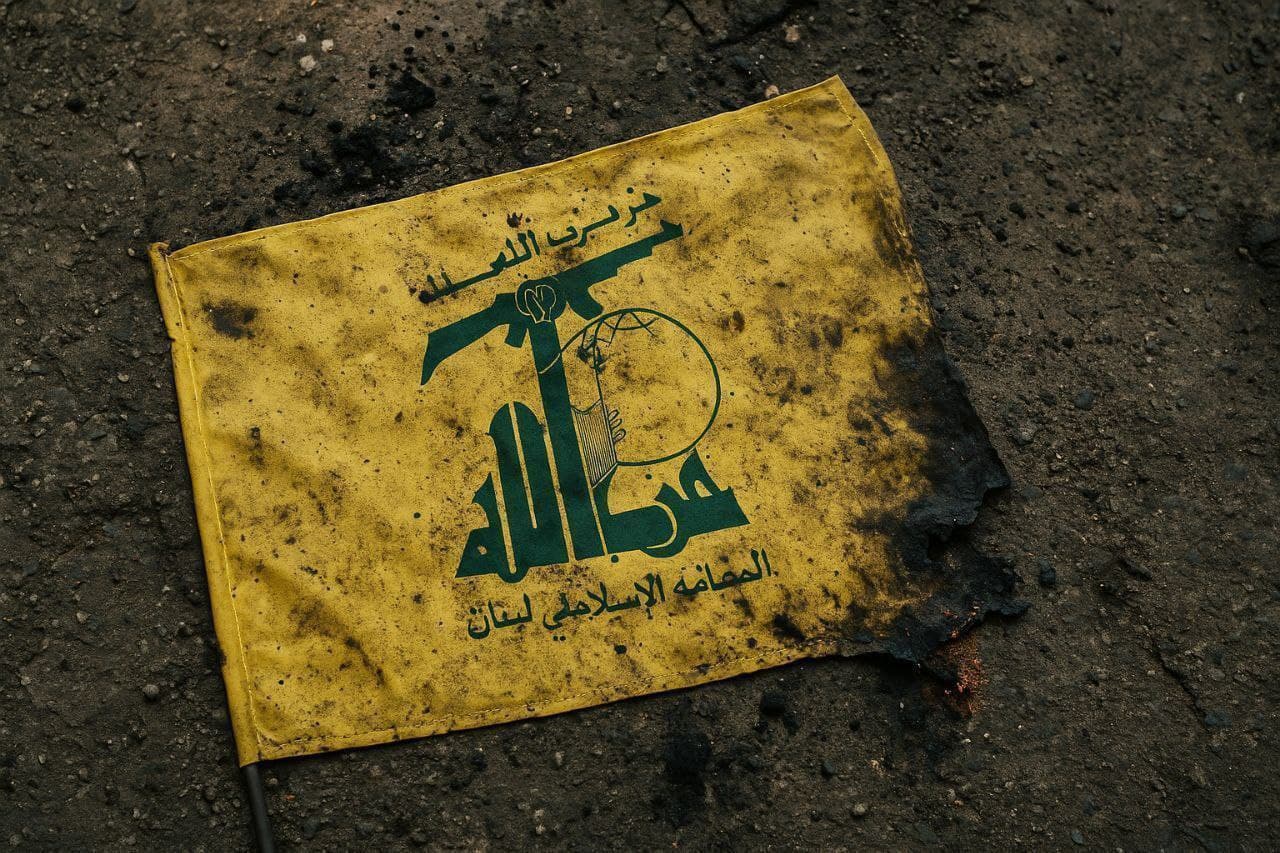Hezbollah"s Leadership Weakened by Key Commander Eliminations and Communication Failures
In a series of strategic moves, Israel has significantly undermined the operational capabilities of Hezbollah, the Lebanese militant group. This development has been marked by the elimination of key commanders and a breakdown in communication within the organization, leading to a notable loss of control by its leader, Hassan Nasrallah. The events unfolded amidst rising tensions in the region, as Iran reportedly advised allied militias to refrain from involvement, suggesting that even Nasrallah was not prepared for the escalating conflict.
Key Details
1. **Lack of Preparation**: Hassan Nasrallah, the leader of Hezbollah, underestimated the likelihood of an Israeli military response, resulting in inadequate preparations for potential conflict. This miscalculation has left the organization vulnerable during critical moments of confrontation.
2. **Elimination of Commanders**: The targeted elimination of three top commanders within Hezbollah has been described as a catastrophic blow to the organization. These commanders were seen as essential to Hezbollah"s operational intelligence, with their deaths leading to a significant loss of critical knowledge. The replacements for these commanders reportedly lacked the necessary experience and information, with claims that "the Israeli drone knew more about them than they knew about each other."
3. **Communication Breakdown**: The use of beepers by Hezbollah has not only resulted in physical destruction but has also caused a "total darkness" within the organization. This disruption meant that entire units were unable to receive orders, further complicating their operational effectiveness.
4. **Distrust Among Commanders**: Following the loss of their leaders, Hezbollah"s commanders became increasingly distrustful of one another. They were uncertain about the sources of Israeli intelligence, which contributed to a fracturing of internal communication and coordination.
5. **Iran"s Influence**: Reports from Iraqi sources indicate that Iran has been actively advising various militias not to engage in the conflict, asserting that "even Nasrallah does not want this war." This statement underscores the complex dynamics at play within the region, as Iran seeks to manage its allies" involvement in the ongoing tensions.
6. **Loss of Key Personnel**: Field commanders within Hezbollah have expressed that the operatives responsible for launching precision missile strikes are "rare" and irreplaceable. The elimination of these individuals has dealt a significant blow to Hezbollah"s military capabilities, further exacerbating the organization"s operational challenges.
7. **Nasrallah"s Silence**: Following the elimination of a key figure, Al-Arouri, Nasrallah reportedly entered a period of silence, refraining from issuing orders or responding to communications. This silence has led many within Hezbollah to conclude that he has lost control over the situation, raising concerns about the group"s future direction.
8. **Collapse of Communication Networks**: Iraqi field sources with ties to Hezbollah have reported that the organization"s communication network has effectively collapsed. At each meeting, new personnel have been introduced due to the elimination of previous members, indicating a severe disruption in leadership continuity and operational command.
Background
Hezbollah, a Shiite militant group based in Lebanon, has been a significant player in regional conflicts, often acting as a proxy for Iranian interests in the Middle East. The group"s leadership structure has traditionally relied on a tight-knit network of commanders who maintain operational secrecy and strategic oversight. However, recent Israeli military actions have exposed vulnerabilities within this structure, leading to a crisis of confidence and operational capability.
What"s Next
The ongoing conflict and the recent developments within Hezbollah raise questions about the organization"s future effectiveness and its ability to respond to Israeli military actions. The loss of key personnel and the breakdown of communication networks could lead to a prolonged period of instability within the group. As the situation evolves, the implications for regional security and the balance of power in the Middle East remain uncertain.
For more insights into related geopolitical developments, see our coverage on Germany"s reinstatement of conscription and U.S. military options in Venezuela.


![[Video] Heavy clashes and gunfire reported in Baghdad, Iraq](/_next/image?url=%2Fapi%2Fimage%2Fthumbnails%2Fthumbnail-1768342239932-848qsh-thumbnail.jpg&w=3840&q=75)




![[Video] Gunfire between Iraqi security forces and Sadr militias in Baghdad](/_next/image?url=%2Fapi%2Fimage%2Fthumbnails%2Fthumbnail-1768343508874-4redb-thumbnail.jpg&w=3840&q=75)
